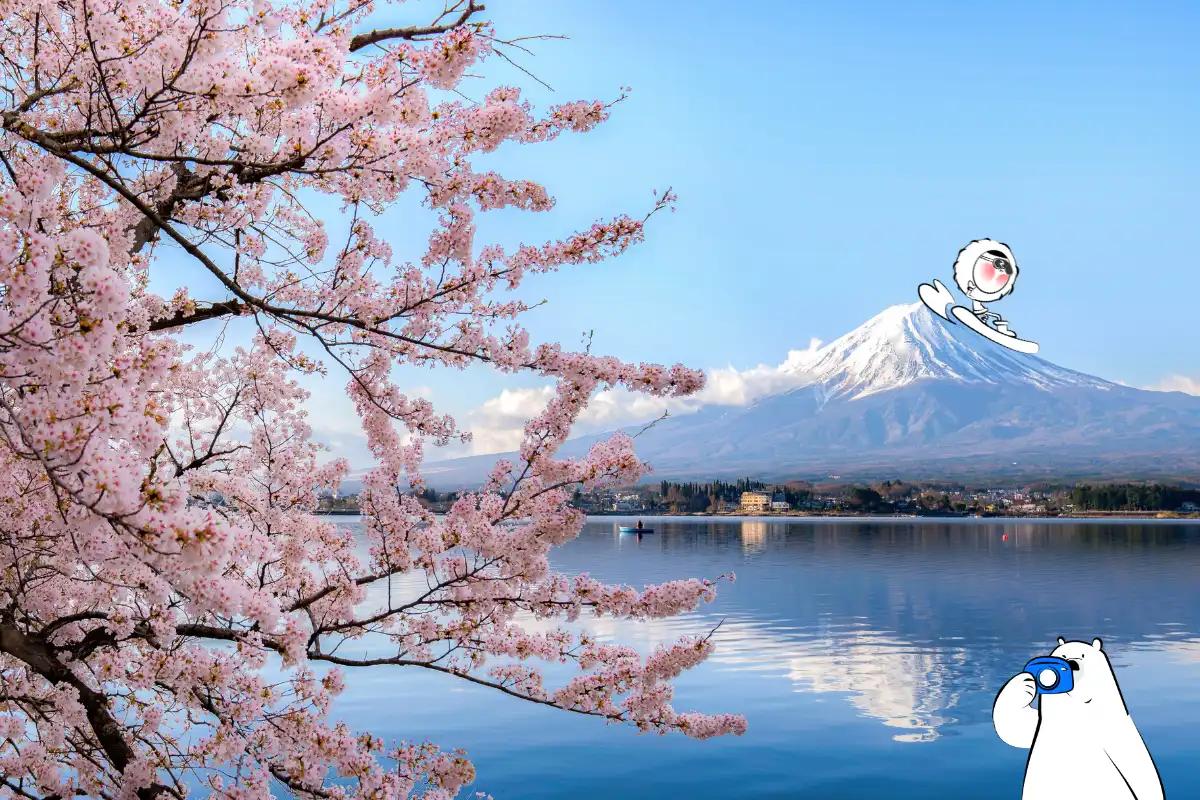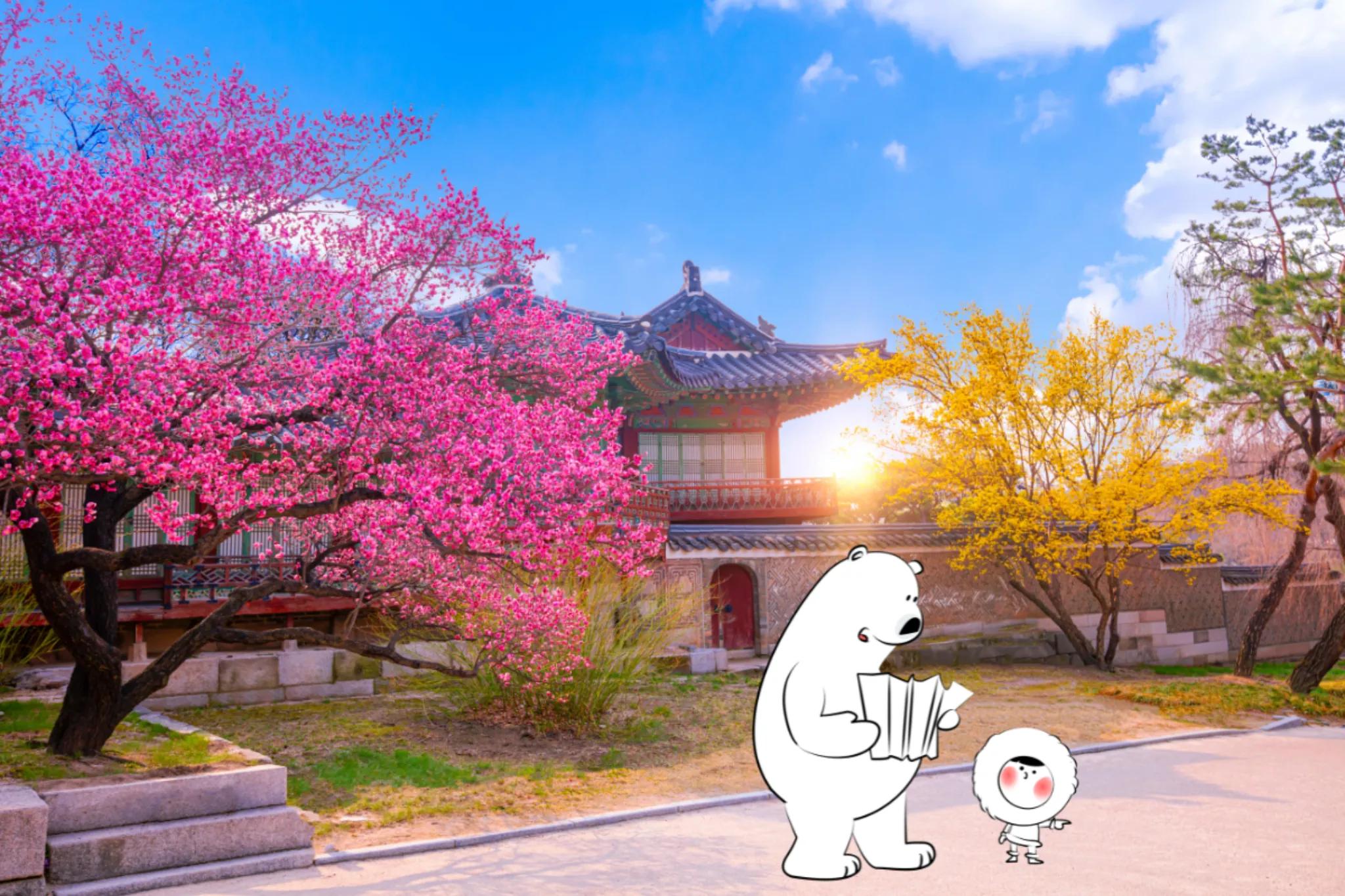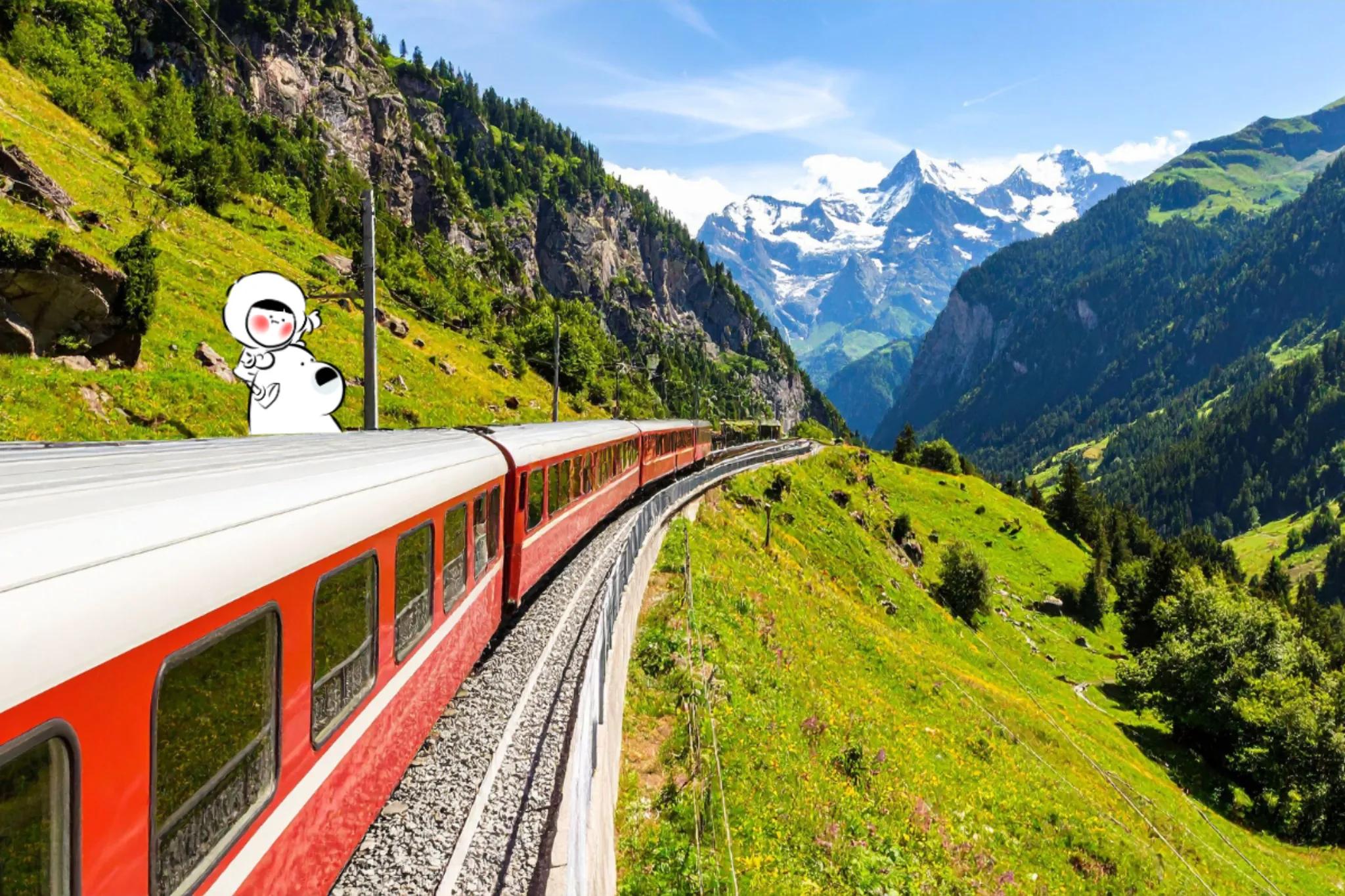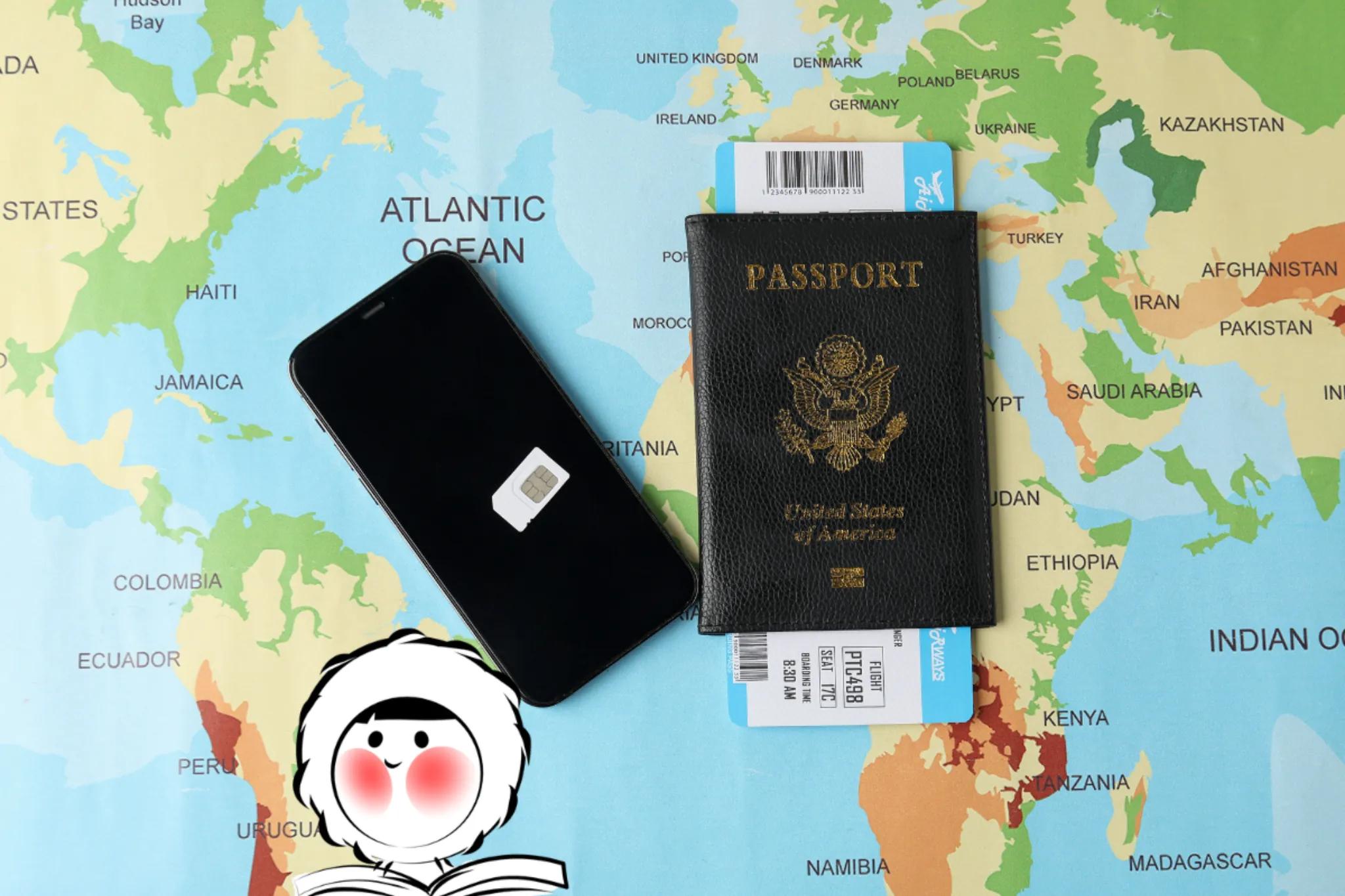
Japan Public Holidays 2026
| HOLIDAY | DATE |
| New Year’s Day | January 1 |
| Coming of Age Day | January 12 (Second Monday in January) |
| National Foundation Day | February 11 |
| Emperor’s Birthday | February 23 |
| Vernal Equinox Day | March 20 |
| Shōwa Day | April 29 |
| Constitution Memorial Day | May 3 (Observed on May 6) |
| Greenery Day | May 4 |
| Children’s Day | May 5 |
| Marine Day | July 20 (Third Monday in July) |
| Mountain Day | August 11 |
| Respect for the Aged Day | September 21 (Third Monday in September) |
| Extra holiday for Silver Week | September 22 |
| Autumnal Equinox Day | September 23 |
| Sports Day | October 12 (Second Monday in October) |
| Culture Day | November 3 |
| Labor Thanksgiving Day | November 23 |
Japan’s long weekends, especially Golden Week and Silver Week, create some of the country’s busiest travel periods, with peak movement on highways, shinkansen lines and domestic flights.
Sakura Season (Cherry Blossom Season in Japan)
Cherry blossom season is one of Japan’s most iconic yearly events, but it doesn’t happen everywhere at once. Sakura follow a natural “front” (the sakura zensen) that moves gradually from the south to the north as temperatures warm.
How Sakura Season Progresses by Region
Japan’s cherry blossoms bloom roughly in this order each year:
- Kyushu (Fukuoka, Kagoshima) → late March
- Shikoku (Matsuyama) → late March
- Kansai (Osaka, Kyoto, Nara) → late March to early April
- Chūbu (Nagoya, Takayama) → early April
- Kanto (Tokyo, Yokohama) → late March
- Tohoku (Sendai, Aomori) → mid to late April
- Hokkaido (Sapporo, Hakodate) → late April to early May
Warmer areas bloom early; colder regions bloom weeks later. This is why cherry blossom season in Japan is not one fixed date, it’s a nationwide progression.
How long do cherry blossoms last?
Each tree follows a short cycle:
- Bloom begins → buds open
- Full bloom (mankai) → peak beauty
- Petal fall → soft showers of petals
The entire cycle usually lasts 7–10 days, which is why timing matters.
What sakura season feels like
During peak bloom, parks and riversides fill with people enjoying hanami, the tradition of gathering under cherry trees with food, drinks and seasonal sweets. Cities also host night illuminations (yozakura), turning blossoms into glowing pink tunnels after sunset.
Most travelers aim for late March to the first week of April, but northern Japan offers later opportunities if you miss the main wave.
Tips for travelers
- Hotels in Tokyo, Kyoto and Osaka book out early, plan ahead.
- Popular viewing spots include Ueno Park (Tokyo), Maruyama Park (Kyoto) and Meguro River.
- Sakura season is generally mild, but evenings can be chilly, bring layers.
Golden Week Japan (April 29 – May 6, 2026)
Golden Week is a series of national holidays packed into one week, making it one of Japan’s busiest travel periods. In 2026, it stretches from April 29 to May 6, combining:
- Shōwa Day
- Constitution Memorial Day
- Greenery Day
- Children’s Day
- The Monday/Tuesday substitute holidays that extend the week
During this time, trains, airports and highways reach peak capacity as residents take domestic trips, visit family, or enjoy sightseeing. Cities like Tokyo and Osaka often feel quieter while coastal towns, onsen regions and theme parks fill with holiday crowds.
For international travelers, Golden Week offers great energy but requires early planning. Booking hotels and transport months in advance is essential.
Obon (Mid-August Travel Surge)
Obon is not an official public holiday, yet it is one of Japan’s most important cultural periods. Families return to their hometowns to honour ancestors through ceremonies and traditions like lantern lighting and Bon Odori dances.
During Obon:
- Major cities may feel emptier
- Countryside regions and regional airports get crowded
- Long-distance trains book out
- Festivals turn small towns into celebration hubs
Obon typically falls around August 13–16, and in 2026 it aligns with a weekend, meaning domestic travel will be especially heavy.
Japan’s Seasonal Travel Calendar 2026
Japan’s travel rhythm is shaped by four distinctive seasons, each with its own colours, festivals and experiences. Instead of monthly breakdowns, Japan is best understood through its natural cycles.
Winter (January–February): Snow, Onsens & New Year Culture
Winter is calm, crisp and atmospheric. Northern Japan transforms into a snowy world perfect for skiing in Hokkaido, Nagano and Niigata. Cities like Sapporo host snow festivals, and onsen towns become cosy escapes. New Year shrine visits (Hatsumode) create one of Japan’s warmest cultural moments despite the cold.
Spring (March–May): Sakura, Festivals & Golden Week
Spring is Japan’s most iconic travel season. The country blooms from south to north, offering visitors cherry blossoms, festivals and mild weather. Golden Week falls at the end of spring, turning Japan into a vibrant, fast-moving country full of domestic travelers.
Summer (June–August): Matsuri, Mountains & Obon
Summer starts with the rainy season, then transitions into festival season. Major matsuri include Gion Matsuri, Nebuta Matsuri and Tenjin Matsuri. Mountain Day celebrates Japan’s alpine culture, making August ideal for climbing Mt Fuji, the trail season runs from July to early September.
Okinawa’s beaches and Hokkaido’s open landscapes are popular summer escapes. Toward mid-August, Obon creates a nationwide wave of travel.
Autumn (September–November): Foliage, Clear Skies & Outdoor Adventures
Autumn brings comfortable temperatures and vivid foliage. Kyoto, Nikko and the Japanese Alps become must-visit destinations for outdoor travel and scenic drives. Sports Day celebrates Japan’s love for fitness and community events, often held in early October.
Typhoon season weakens by late September, making October and November ideal for hiking, cultural trips and photography.
Major Cultural Festivals Worth Knowing
Hanami (Flower Viewing)
A spring tradition tied to cherry blossoms, celebrated with picnics, festivals and nighttime illuminations.
Hatsumode (First Shrine Visit of the Year)
Families visit shrines in the first days of January to welcome good fortune.
Summer Matsuri (Festivals Across Japan)
Lanterns, street food, fireworks and dances filling city streets from July to August.
Kōyō (Autumn Foliage Season)
A national obsession that turns mountains and parks into vibrant reds, oranges and yellows.
Travel Smoothly Through Japan’s Seasons
Japan’s rhythm changes dramatically throughout the year, cherry blossoms in spring, festivals in summer, mountain hikes in autumn and snowy escapes in winter. But one thing remains constant: travelling is easier when your connection simply works.
With Eskimo Japan eSIM, you can land in Tokyo, board a Shinkansen to Osaka, visit shrines in Kyoto or fly north to Hokkaido without worrying about SIM counters, shop closures or Golden Week crowds.
Japan’s trains, vending machines and convenience stores are designed for efficiency, and your data should match that experience. If you’re planning a wider 2026 trip across Asia, switching from a Japan plan to an APAC eSIM is seamless. And if your journey continues to Europe or beyond, the Global eSIM (100+ countries) gives you the same smooth experience everywhere.
Start with the free 500 MB Global eSIM to test how easy it is, then choose the plan that fits your route.
Travel Japan the way it deserves: simply, effortlessly, and without interruption.
FAQs
When is Golden Week in 2026?
Golden Week runs from April 29 to May 6, 2026.
It includes Shōwa Day, Constitution Memorial Day, Greenery Day, Children’s Day, and the substitute holidays that extend the break. During this period, domestic travel reaches one of its highest peaks. Shinkansen tickets, flights and hotels often sell out weeks or months in advance, so planning early is essential.
When is cherry blossom season in Japan?
Cherry blossom season usually begins in late March and continues into mid-April, depending on the region.
Tokyo and Kyoto bloom at the end of March, the central regions follow in early April, and northern Japan (like Sendai and Sapporo) blooms from mid- to late April. The blossoms stay at full bloom for only about a week, so the exact timing changes slightly each year.
When is the best time to climb Mt Fuji?
The official Mt Fuji climbing season runs from early July to early September.
During this period, the mountain trails, mountain huts and safety facilities are open, and weather conditions are suitable for hikers. Outside this window, trails become dangerous due to snow, wind and low visibility. Many travelers pair their trip with Mountain Day in August, when outdoor activities become especially popular.
Is Obon a public holiday?
No, Obon is not an official national holiday, but it functions like one.
It is one of Japan’s most important family traditions, when people return to their hometowns to honour their ancestors. Because many companies close or operate on reduced schedules, travel during Obon becomes extremely busy, similar to Golden Week. Expect crowded trains, full flights and lively summer festivals across Japan.


















